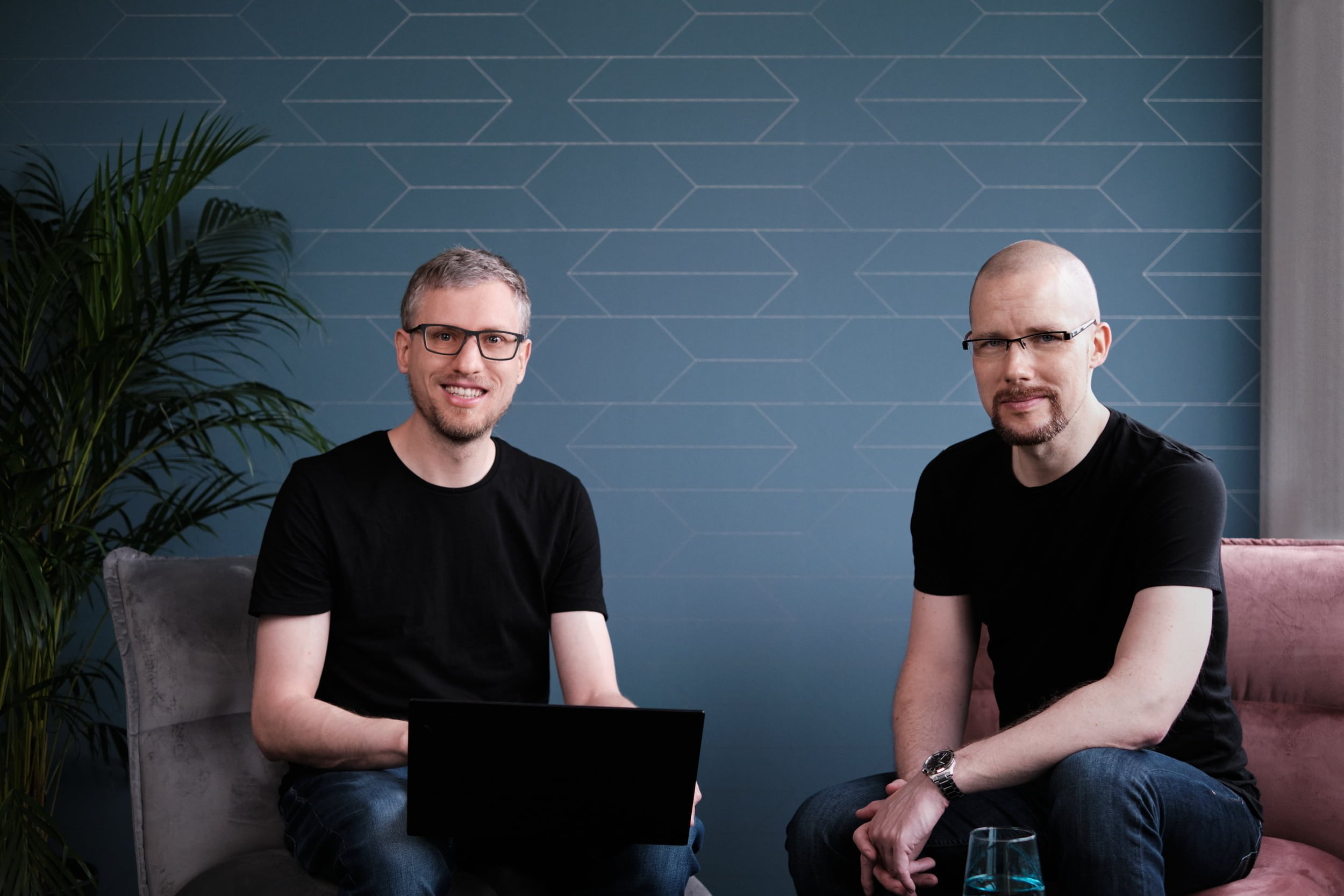In a bold move that has garnered significant attention in the tech world, Aleph Alpha, a German startup, has successfully raised an impressive $500 million in a series B funding round. What’s particularly noteworthy is that this second major funding round has attracted substantial support from prominent German firms, including Bosch, SAP, Hewlett Packard Enterprise, Schwarz Group (the owner of Lidl), and Christ&Company Consulting, along with investments from Park Artificial Intelligence and Burda Principal Investments. This remarkable feat sets a new benchmark for series B investment rounds and underlines the growing demand for innovative AI technology and the investors’ confidence in Aleph Alpha’s vision.
Aleph Alpha, a company that has developed its own large language models, has remained relatively discreet about its valuation following this funding round. However, what we do know is that the company is well-positioned to utilize this substantial capital infusion to further advance its research on foundation models, enhance product capabilities, and drive the commercialization of its software. This announcement reflects the commitment of Aleph Alpha to maintain its independence and flexibility while expanding its offerings, particularly in areas like infrastructure, cloud compatibility, on-premise support, and hybrid setups.
Jonas Andrulis, CEO and founder of Aleph Alpha, expressed his enthusiasm for the future, saying, “With this latest investment, we will continue to enhance our capabilities and enable our partners to be at the forefront of this technological development.” This infusion of funds will undoubtedly bolster Aleph Alpha’s position in the competitive AI landscape, potentially propelling them to new heights.
One of the key components of Aleph Alpha’s mission is the promotion of “data sovereignty.” This concept emphasizes that data stored in a particular country should be subject to that nation’s laws. In the European context, this signifies the preference for data that powers AI models to originate in Europe rather than the United States. As high-profile European politicians and lawmakers strive to ensure that their data isn’t under the jurisdiction of U.S. laws, “data sovereignty” has gained significant traction. In this endeavor, Aleph Alpha stands as a strong contender, offering companies a solution where sovereignty is considered a critical component.
One distinguishing feature of Aleph Alpha’s technology is its multilingual capabilities. Their models can communicate proficiently in German, French, Spanish, Italian, and English. These capabilities have been developed through extensive training data, which includes a vast repository of multilingual public documents published by the European Parliament. This enables Aleph Alpha to cater to a diverse audience and is pivotal in their mission to champion “data sovereignty” within Europe.
The recent funding round for Aleph Alpha highlights the frenetic pace of investment and innovation in the AI sector. As companies race to develop advanced AI models, the competition intensifies. OpenAI, a major player in the AI industry, backed by Microsoft, secured a colossal $10 billion in funding, highlighting the immense demand for cutting-edge AI technology. Aleph Alpha’s success in raising $500 million is a testament to the significance of their mission and their potential to challenge established players in the field.
In summary, Aleph Alpha’s latest funding achievement not only underscores the impressive strides made by the German startup but also highlights the increasing significance of “data sovereignty” in AI technology. As Aleph Alpha continues to expand its capabilities and offerings, the battle for supremacy in the AI sector promises to be a thrilling one, with innovation and investment reaching unprecedented levels.
(Source: CNBC | Financial Times | Bloomberg | TechCrunch)









